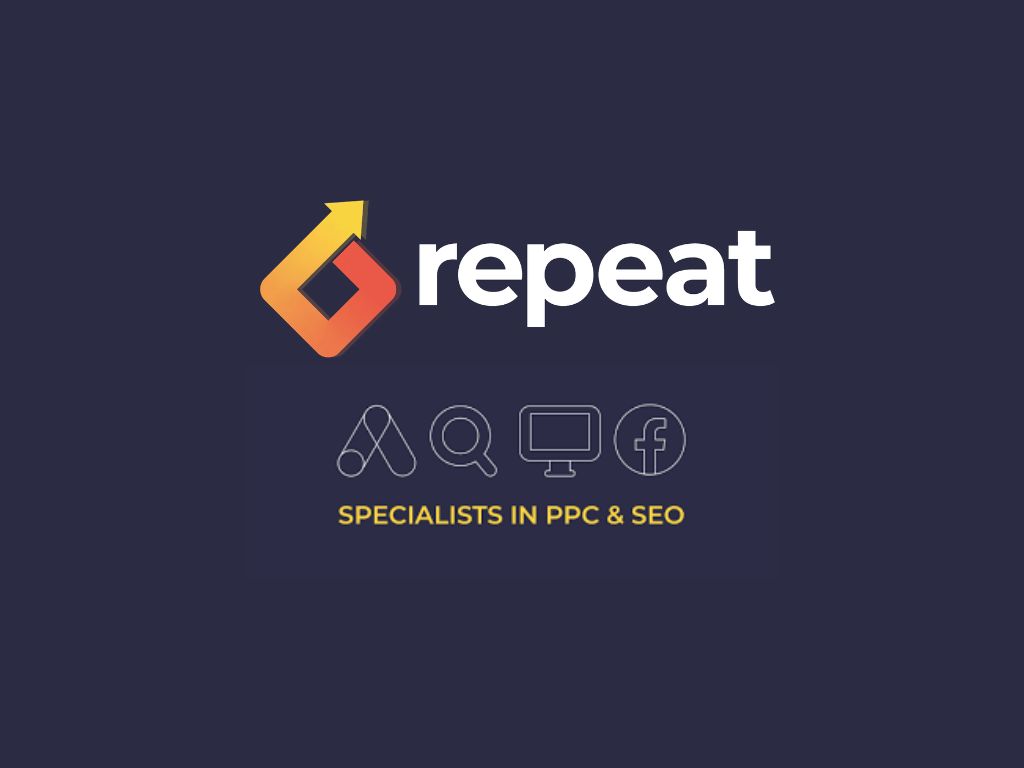
As a marketing manager, the chances are you’re already spinning a good few plates. So the idea of incorporating business blogging into your marketing strategy may sound overwhelming. You may even wonder:
“Is blogging really worth my time?”
“We’re doing fine without a company blog – so what’s the point?”
“Will anyone even read the content I write?”
You’re not alone in these thoughts; but in an era where content is king, blogging for business isn’t just about sharing your thoughts – it’s a powerful tool that can drive traffic, generate leads, and boost your bottom line. Here’s why you should consider adding this string to your bow:
It helps establish authority
Blogging allows customers to learn more about your business and industry while giving you a platform to educate your audience and address their common questions or concerns.
Sharing your expertise and opinions positions you/your brand as a helpful resource, setting you apart from competitors. When audiences trust and get value from a company, they are more likely to invest in its products or services. Additionally, comments, feedback, and social media shares can help to create a dialogue with both current and potential customers.
Building brand personality
While some company blogs don’t have authors attached to them, we highly recommend they do, for two reasons. The first is because it allows your experts to showcase their creativity and highlight the brand’s personality, adding the all important human touch.
The second is because it helps with E-E-A-T, which stands for Experience, Expertise, Authoritativeness and Trustworthiness. These are factors that Google’s search algorithms consider when ranking content. Through high-quality copy, thought leaders certainly demonstrate some of these attributes, which Google can pick up on and reward through increased search rankings.
The content can be repurposed
Blogging for business provides a wealth of content that can be repurposed across various marketing channels, maximising its reach, effectiveness, and longevity. You could simply share each blog to social media, or you could split it up into a series of posts, all focusing on an individual tip or piece of advice from the blog.
Additionally, these posts can be integrated into your email marketing campaigns, providing valuable content to your subscribers and keeping them engaged. Your sales team can also benefit from those blogs that address common customer questions or pain points.
And if that’s not enough to convince you, how about the fact the content can be used as part of your digital PR efforts? Pitching the most interesting and newsworthy blogs to the media can increase your brand exposure – just remember to rewrite it first to avoid duplicate copy!
It benefits your SEO
Not all blogs have to be written with Search Engine Optimisation (SEO) in mind, but where possible, it’s best to craft content that is written to target certain keywords.
Search algorithms prioritise websites that offer relevant, engaging, and authoritative content, and by optimising your copy, you’re helping Google to understand the topic of your content and match it to relevant search queries. Blogging for business can lead to higher search engine rankings, increased visibility, and more organic traffic – and not just in the short-term, successful blog posts will continue to attract visitors over time, even months or years after publication.
Top tip: quality and relevance will always trump keyword stuffing, so prioritise creating engaging blogs that genuinely help your audience, and are written with humans in mind.
How can I get started with a company blog?
While there are technical aspects to setting up a company blog (your IT or SEO team can assist with this), once your blog is live, the creative space is yours to fill. Follow these steps and it’ll be raining content in no time!
Gather a team and get brainstorming
A successful blog is a team effort, and as a busy marketing manager handling it all by yourself, you are likely to become overwhelmed pretty quickly. Reach out to your colleagues and get them on board by telling them the benefits of having a business blog. See if anyone is interested in contributing their expertise or opinions to this section of the website, helping to improve their own personal branding while strengthening the site’s E-E-A-T.
Your team may have some ideas on what to write about from the offset, but if they don’t, not to worry. If you’re struggling to come up with content that your target audience will care about, consider:
- Speaking to sales – what are they hearing from potential customers? What are their concerns? Can you address these?
- Looking at your competitors – just browsing other company blogs can get the creative cogs turning. Of course, you don’t want to copy what they’re writing about, but you can certainly take inspiration from it. What topics have they covered that you could provide a different take on, or provide an update on?
- Using tools – subreddits on Reddit can be a goldmine for company blog ideas. With its active and diverse audience, you can gain fresh insights into trending topics and common concerns within your industry or niche. Other platforms worth checking out include Answer the Public and Also Asked.
Create a content calendar
A content calendar is essential for planning and organising your blog posts, ensuring consistency and maintaining a steady output (as best as you can). Opportunities for ad-hoc blogs may also present themselves from time to time, for example, if you wanted to react to something in the news.
If possible, try and plan three to six months ahead. When doing this, it’s important to be realistic with your expectations – how often can you and your team feasibly post? Every week, every other week, or once a month?
It’s also a good idea to incorporate different types of posts into your schedule – think how-tos, guides, listicles (i.e. top tips), case studies, interviews, etc. Try and break the text up with plenty of visuals too, in order to make the posts more appealing.
Choose your keywords
Think about the keywords you want your blog to rank for. Google Keyword Planner is a free tool which can help with this, but paid-for tools such as Semrush and Ahrefs have more granular data and insights. Ideally, you should choose a handful of keywords with one focus keyword and a few secondary keywords.
Long-tail keywords are worth opting for as although the search volume for these are lower, they are more specific keyword phrases to attract targeted traffic.
It’s important to track the keywords you’re hoping to rank for, but be aware that it can take months for this to happen as the algorithm tries to decide where to place your blog in the search engine results pages (SERPs). Sometimes it really is a matter of patience, so don’t get disheartened if it doesn’t start to rank immediately.
Use clear CTAs
Every blog post should include clear, compelling Calls to Action (CTAs) to guide readers on what to do next. These could encourage individuals to subscribe to your newsletter, download a resource, sign up for a webinar, or explore your products or services, to give a few examples. Being strategic about this, by making sure the CTA is relevant to the content of the post and adding clear value to the reader, can help push potential customers further down the conversion funnel.
Measure success
You will need to track your company’s blog performance in order to understand the effectiveness of the blogging efforts. Key metrics may include:
- Traffic – monitor the number of visitors to your blog each month/quarter and which posts are driving the most traffic
- Engagement – look at metrics such as time spent on page, bounce rate, comments, and social media shares to gauge reader engagement
- Conversions – track how many readers are taking the desired actions through CTAs
- SEO performance – use tools to check how well your posts are ranking for targeted keywords
It’s important to regularly review these metrics to understand what resonates with your audience. If there’s a topic that’s performed particularly well, think about whether there’s anything more to add that could be turned into a separate or follow-up post.
Struggling to find time to get your company blog off the ground? We can help Contact our team here or give us a call on 0115 718 0450.
Jump into another related resource
Whether you’re after expert-written blogs, downloadable guides, or time-saving checklists, our Resource Hub gives you practical tools to make your marketing more effective.












